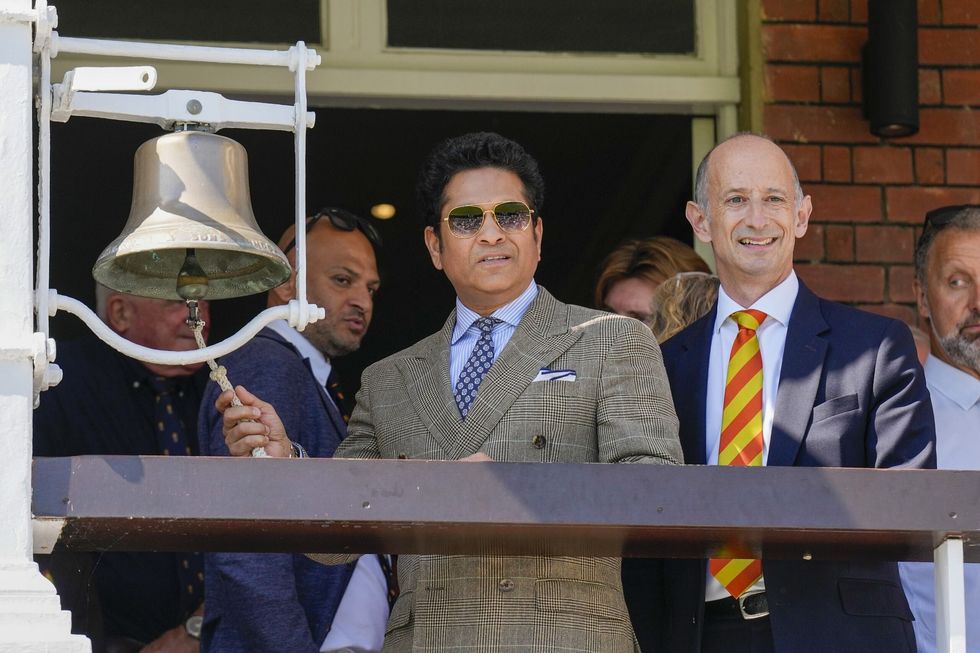Threats, arrests, blocked accounts and restricted posts -- Big Brother is watching more closely than ever in Pakistan as authorities accelerate efforts to censor social networks, further reducing an already shrunken space for dissent.
In the past 18 months, a slew of journalists, activists, and government opponents –- both at home and overseas -- have faced intimidation or the threat of legal action for their online posts.
Censorship is already rife among Pakistan's mainstream media, with the Committee to Protect Journalists noting last year that the military had "quietly but effectively" imposed strict limits on the scope of general news reporting.
Platforms such as Facebook and Twitter were regarded as the last holdouts of dissenting voices, but now that has changed.
In February, authorities announced the creation of a new enforcement arm to root out social media users accused of spreading "hate speech and violence" as part of the crackdown.
Gul Bukhari, a columnist and sometime government critic who was briefly abducted by unidentified men last year, said the assault on social media was carefully organised and coordinated.
"It is the last frontier they try to conquer,"Bukhari explained.
- Silence dissent -
Journalist Rizwan-ur-Rehman Razi was among the people targetted. He was arrested in February at home in the eastern city of Lahore for publishing "defamatory and obnoxious" content against the state.
A few days earlier, he had criticised extra-judicial executions allegedly committed by the security forces, according to a copy of his tweets seen by AFP.
Released after two nights, he has not tweeted since, and his posts have been deleted.
The net cast by the crackdown is a wide one, with Shahzad Ahmad, director of the digital security NGO Bytes for All, pointing to the harassment of civil rights activists, the political opposition, and bloggers.
According to Annie Zaman, an expert on cyber-censorship in Pakistan, this is made possible by an all-encompassing 2016 law that prohibits online posts that are deemed to compromise state security or offend anything from "the glory of Islam" to non-defined notions of "decency and morality".
"Because this law is vague, it gave more space to the authorities to censor online," Zaman said.
Offenders can face up to 14 years in prison.
The military signalled its involvement in the campaign as early as June last year, when spokesman Major General Asif Ghafoor boasted of the capacity to monitor social media accounts during a televised press conference.
In a clear warning, Ghafoor briefly showed an image of what appeared to be specific Twitter handles and names.
Facebook and Twitter transparency reports show the crackdown was already well underway last year, with a huge spike in requests by the Pakistani government seeking to censor online activity.
Facebook restricted more content in Pakistan than in any other country in the first six months of 2018, according to its transparency figures from that time period, which are the most recently available.
The social media giant said it restricted the availability of 2,203 pieces of content in total -- a seven-fold jump from the previous six months.
All but 87 of the items had been reported by the Pakistan Telecommunication Authority "as allegedly violating local laws prohibiting blasphemy, anti-judiciary content, and condemnation of the country's independence," it said.
The Pakistan Telecommunications Authority did not respond to requests for comment.
- 'Overstepping boundaries' -
Twitter figures for the same time period showed a similar trend, with requests to remove content from 3,004 accounts in Pakistan compared to 674 in the second half of 2017.
A Twitter spokesman said the vast majority of the requests had come from the government, and stressed that the company had acquiesced to none of them.
"The authorities are no longer hiding their agenda (or policy) to silence internet-mediated dissent," said Rabia Mehmood, a researcher for Amnesty International.
"While the current censorship is exceptionally intense, over the years, one message has been consistent that criticism of policies of the Pakistan military will not be tolerated."
Even those posting on social media from overseas have found themselves targeted.
Twitter routinely sends out a notice to users notifying them when the company receives complaints that their posts have violated a country's laws.
AFP has found dozens of users who received such a message warning they had violated Pakistani laws -- including 11 who had tweeted from beyond Pakistan's borders, in countries such as Australia, the US and Canada.
The requests represent "a government censor overstepping jurisdiction boundaries", said Jillian York, an expert at the Electronic Frontier Foundation (EFF), an American NGO.


















 The circular structure inspired by jali screens in India
The circular structure inspired by jali screens in India Sophie, Duchess of Edinburgh, at the garden
Sophie, Duchess of Edinburgh, at the garden The couple display their medals
The couple display their medals
 (Photo credit: PTI)
(Photo credit: PTI)